So, you know your cat loves fish, but she seems to be drawn to that shrimp you’re enjoying. Naturally, this will lead to your wondering if cats can eat shrimp.
Is shrimp safe for your cat to eat? The short answer is, absolutely! Shrimp is safe for your cat to eat, but you should always speak with a vet if you’re considering adding human food to your cat’s diet, and there are a few rules to be aware of.

The Healthy Shrimp
The shrimp is the most popular shellfish that people enjoy cooking and eating. It is estimated that the average person eats about 4 pounds of shrimp every year! Shrimp cocktail, coconut shrimp, or shrimp with pasta, there are numerous ways to eat and enjoy shrimp, but what about its nutrition?
Shrimp is very low in calories and carbohydrates and very high in protein. It also contains minerals like selenium, iron, phosphorus, magnesium, calcium, and zinc. In addition, shrimp is a fantastic source of omega-3 and omega-6 fatty acids as well as astaxanthin antioxidants.
We know that shrimp has some health benefits for people, but does it have the same benefits for our cats?
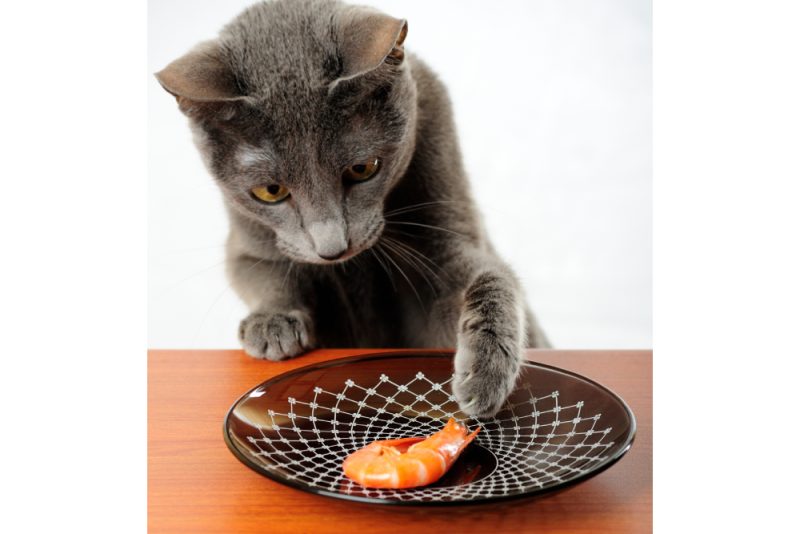
Shrimp and Your Cat
Cats are obligate carnivores, which essentially means they are “true” carnivores that require the nutrients that are only found in animal meat to survive. Shrimp is high-protein and low calorie and makes the perfect snack for a cat.
Do the same health benefits of shrimp for humans also apply to cats? Definitely!
- Boosting the immune system
- Heart and brain health
- Healthy coat and skin
- Maintaining a healthy weight
- Building muscle mass

The Downside for Cats
It’s clear that shrimp makes a safe and healthy treat for your cat, but what about the negatives? There are a number of concerns you should be aware of.
While cats can eat raw shrimp on occasion, it’s best to give them cooked shrimp. Raw shrimp might contain bacteria such as Vibrio spp.
1. Seasonings and Ingredients
If you plan on letting your cat eat cooked shrimp, it should be steamed or boiled without any added seasonings or ingredients—no butter, oil, sauces, or ingredients such as onions or garlic. Chives, shallots, and onions as well as garlic are toxic for cats and can cause stomach upset and anemia. Any added fats can lead to obesity and potentially lead to pancreatitis. For more information, the ASPCA has created a list of human foods that pets should avoid.

2. Cholesterol
Shrimp should only be given on occasion as a treat and not as a meal replacement. Shrimp is high in cholesterol. In general, the average-sized cat shouldn’t be given more than half of a jumbo-sized shrimp at a time.
3. Shell, Head, and Tail
The tail, head, and shell of the shrimp should be removed before giving it to your cat as they can cause stomach upset or become a choking hazard. While eating the head or tail might generally not harm your cat, it’s better to be safe than sorry.
- Vomiting
- Loss of appetite
- Lethargy
- Straining
- Abdominal pain
You should take your cat to a vet if you observe any of these symptoms after eating shrimp shells.
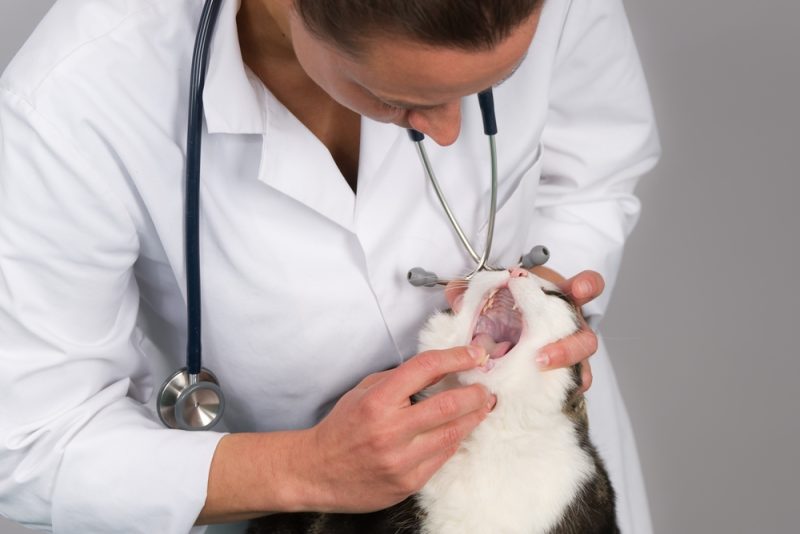

Allergies
There’s always the possibility that your cat may have a food allergy to shrimp. Start by speaking to a vet before giving your cat her first taste of shrimp, particularly if she already tends to have food sensitivities. The first time you give your cat some shrimp, just provide her with a very small sample and keep an eye on her for a few hours.
- Hives and itchiness
- Facial swelling
- Diarrhea and vomiting (although skin problems are more common)
If your cat starts to come down with any of these symptoms, see a vet as soon as possible.
Also, if you notice that your cat becomes itchy after eating shrimp, this might be an indication of an allergic reaction.
Need veterinary advice but can't get to the clinic? Catster recommends PangoVet, our online veterinary service. Talk to a vet online and get the answers and advice you need for your cat without having to leave your living room — all at an affordable price!


Conclusion
So, feel free to let your cat eat shrimp as an occasional treat. It’s full of protein and beneficial nutrients, and your cat will most certainly love it! Remember to serve it cooked without any added ingredients – steamed or boiled is best. Clean it thoroughly before cooking. And lastly, just give her a small amount: half a shrimp for an average to a petite-sized cat or a whole shrimp for a large cat.
Discuss the addition of shrimp to your cat’s diet with your vet before you actually give any to her, particularly if she tends to have allergies or sensitivities to other foods already. If you’re careful and give your cat some perfectly prepared, high-quality shrimp, she will more than likely enjoy this safe and delicious treat.



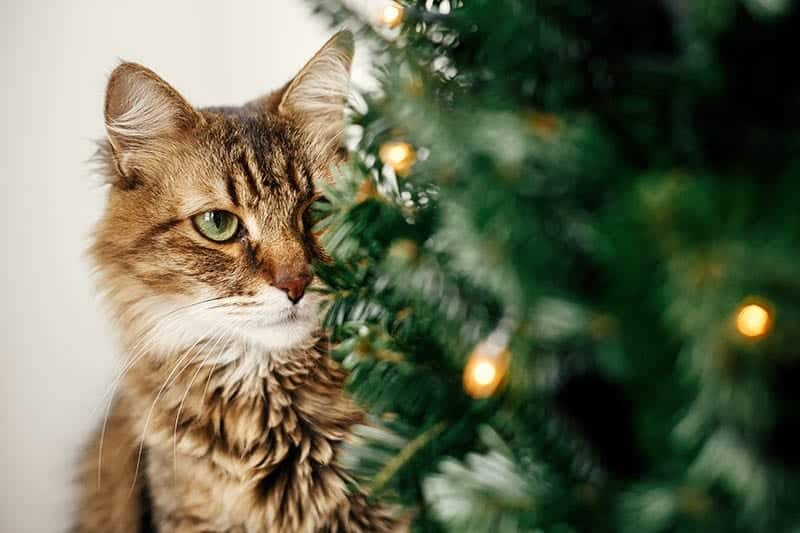
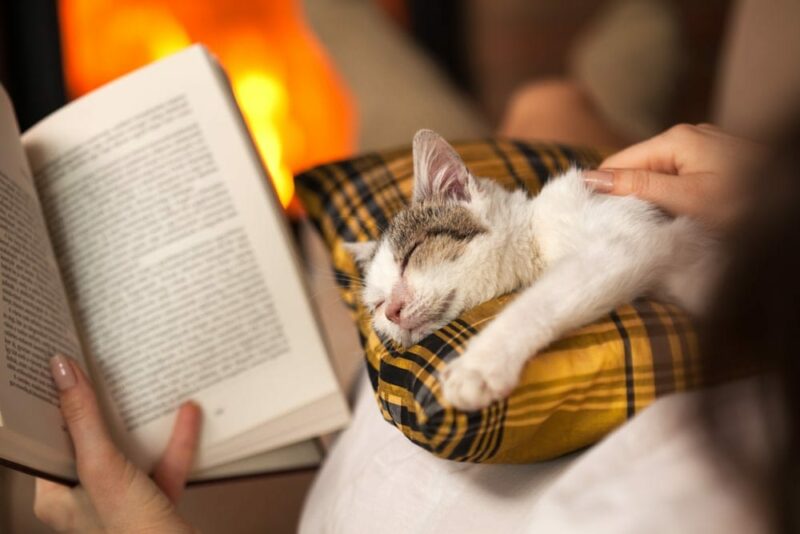



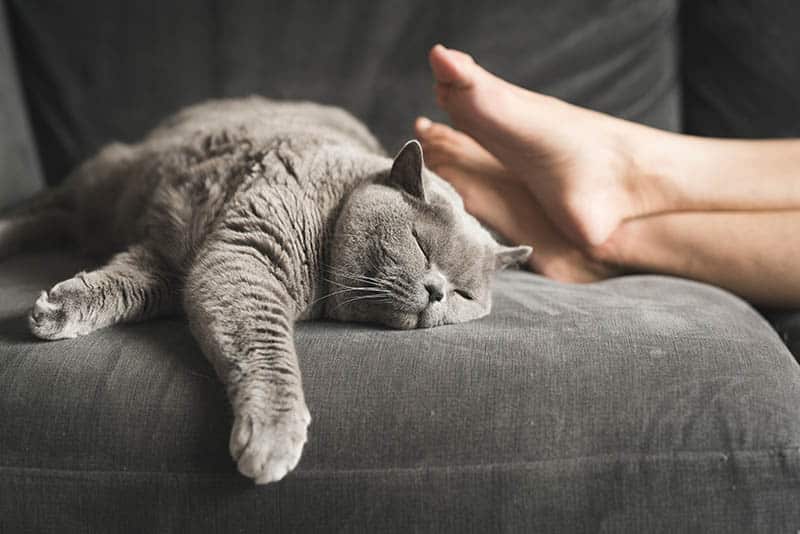
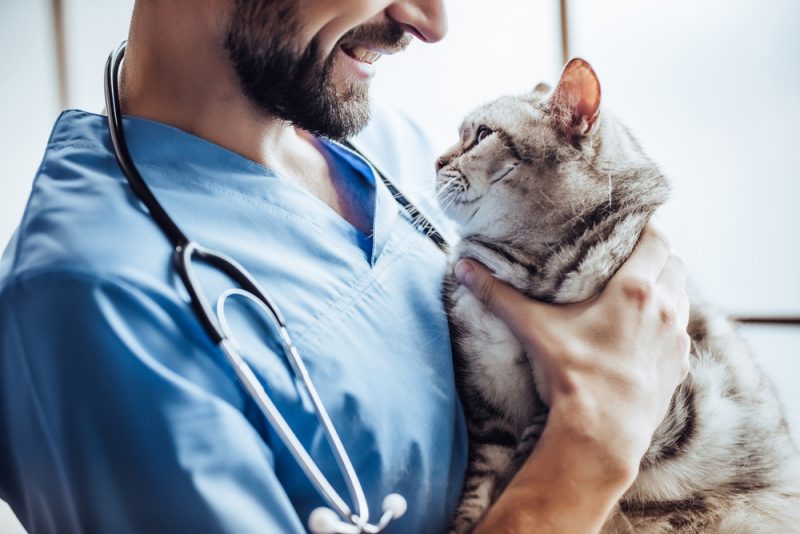
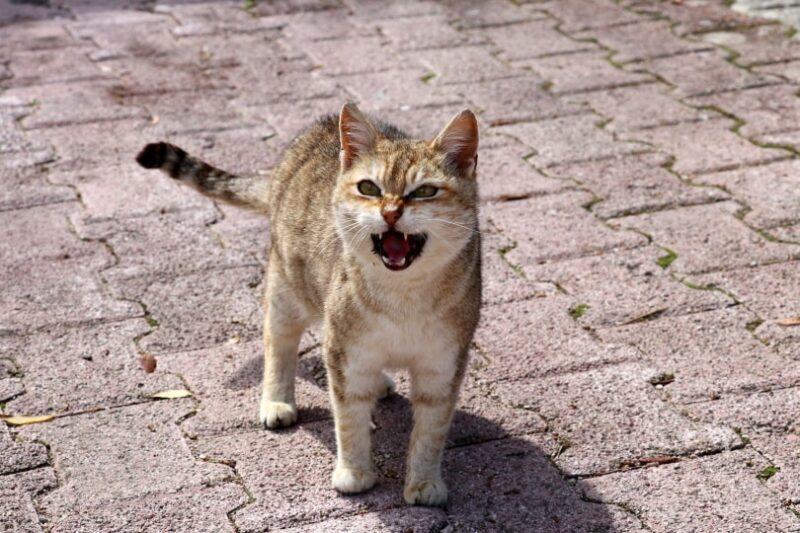
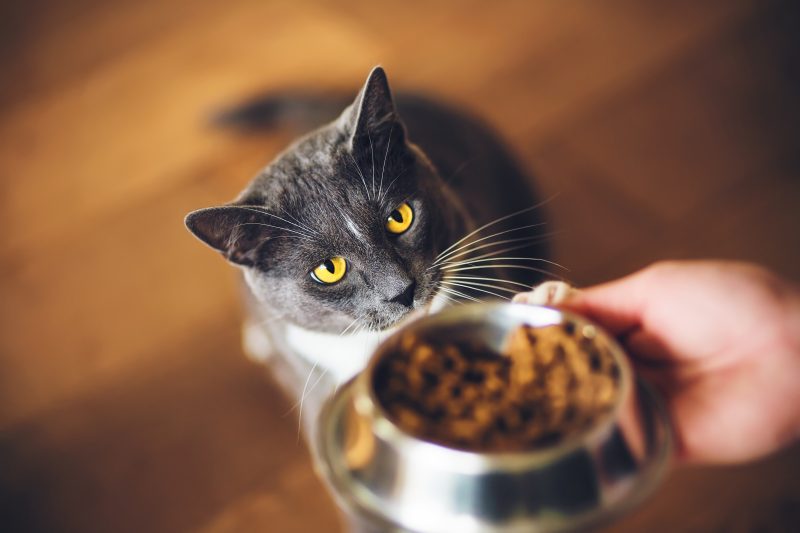
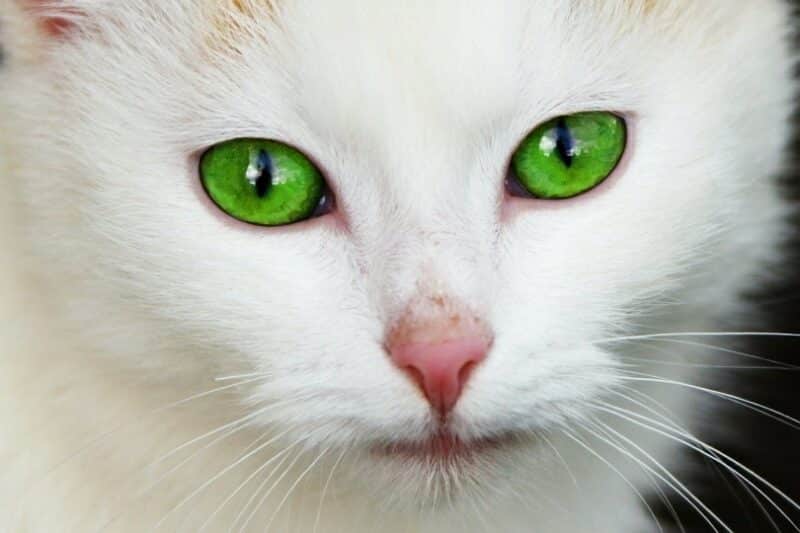
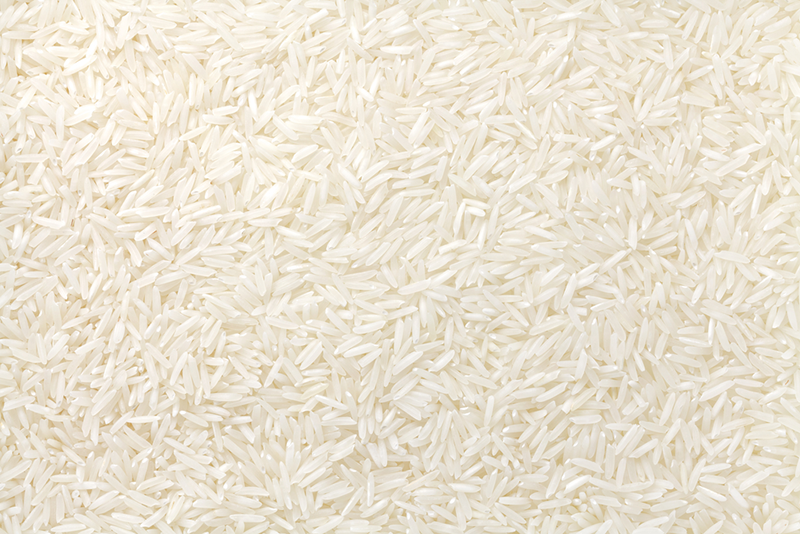
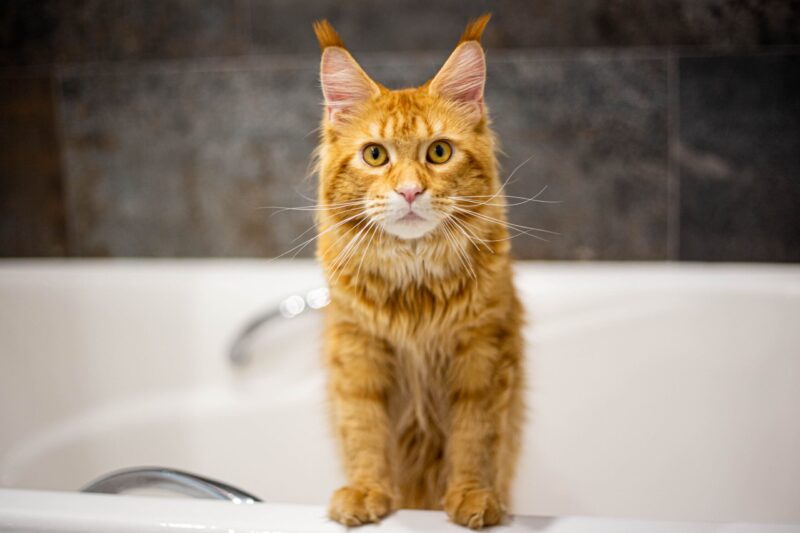

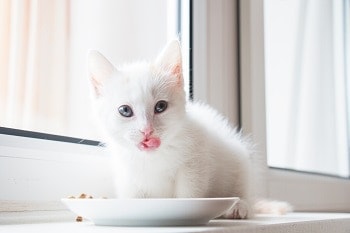
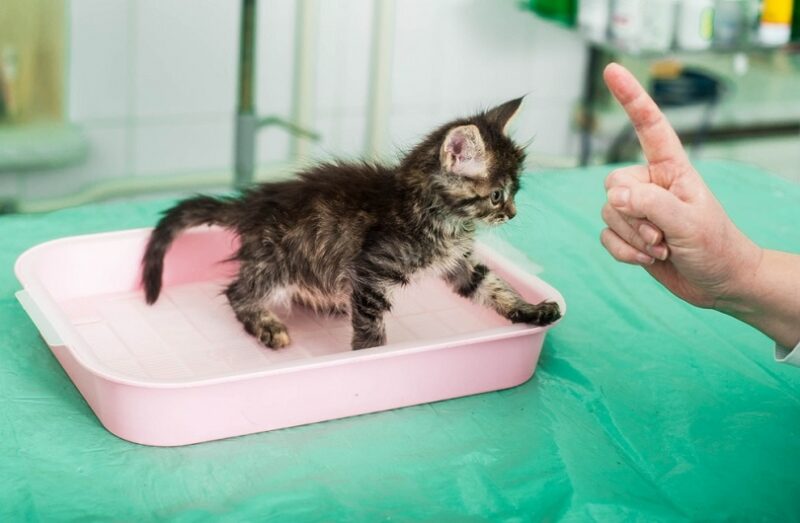
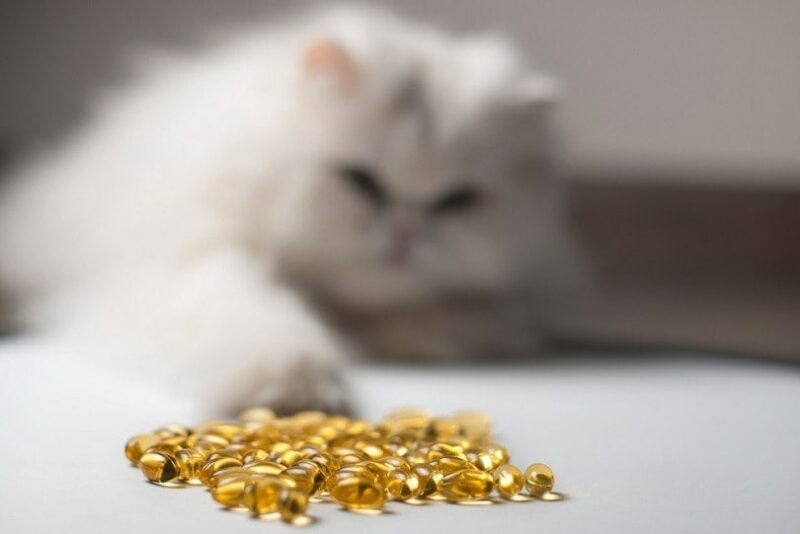

2 Responses
Really enjoyed your article! I give my cat cooked shrimp from the deli 2x wk. She came from Puerto Rico & had been taken in by an indoor/outdoor "sea food restaurant" owner. Immediate problem was that she was never fed traditional cat food! They never told me this when I adopted her. Sooo, shrimp & lobster were her favorite foods! After much trial & error I did get her to switch over to regular cat food. Shrimp is now given only as a treat. Thank you for the information!
Hi Linda Jean Rankin, thanks for sharing your story and for loving this sea-loving kitty to the level of feeding her those special treats! We are delighted to read that you enjoyed our post.